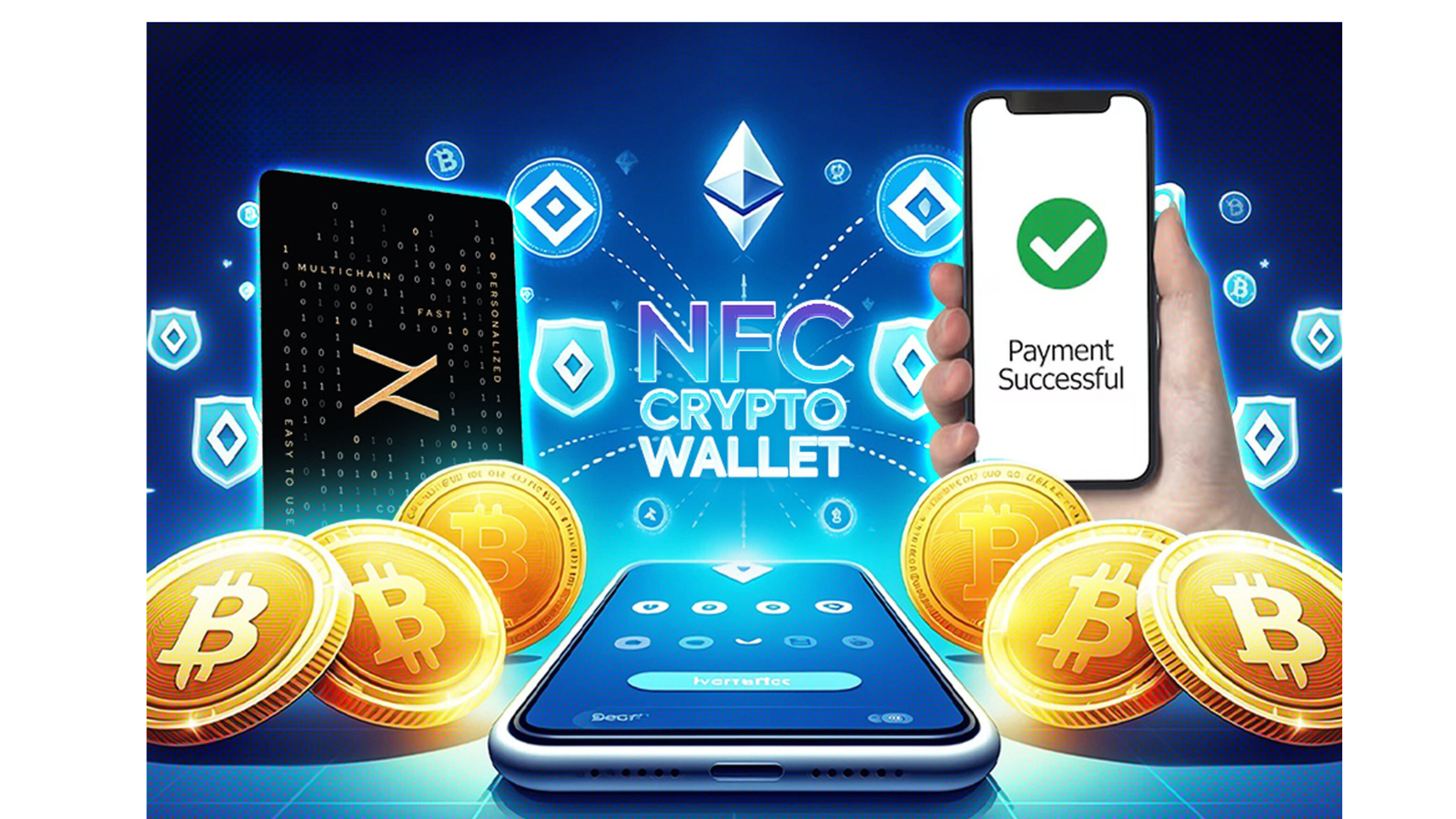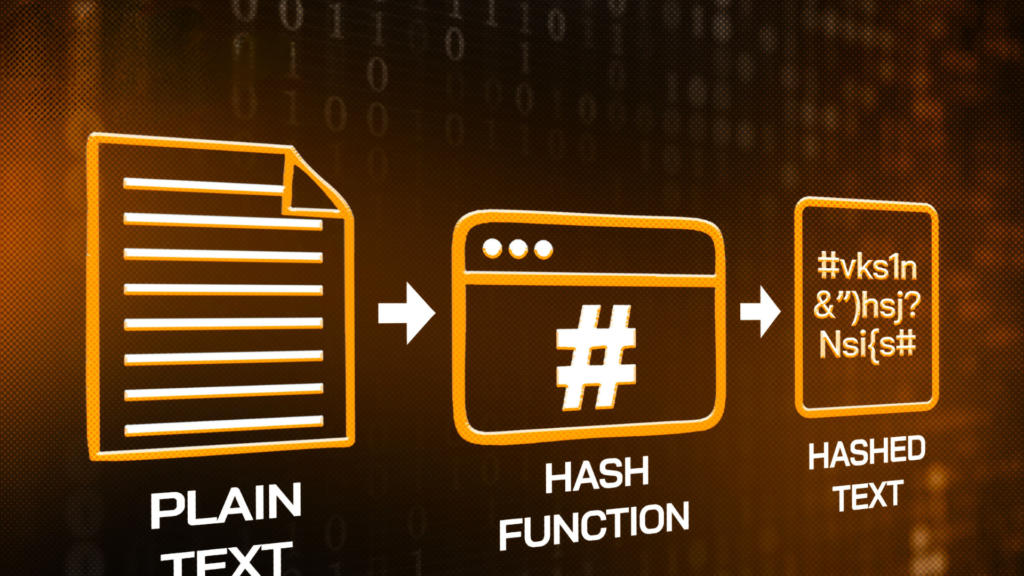With its ability to resist cyber attacks and physical threats, NFC Crypto Wallet is becoming increasingly popular and trusted in the cryptocurrency community. Let’s learn about NFC Crypto Wallets and how they work in crypto.

What is an NFC Crypto Wallet?
An NFC Crypto Wallet is a cryptocurrency wallet that utilizes Near Field Communication (NFC) technology to manage and secure digital assets. It is issued in the form of a physical card and functions similarly to a traditional bank credit card embedded with NFC technology.
The card allows users to conduct cryptocurrency transactions by simply tapping it against an NFC-enabled device like a smartphone or tablet.
There are various ways to refer to cryptocurrency wallets that use NFC technology, such as NFC Hardware Wallet, NFC-enabled Crypto Wallet, NFC-Enabled Hardware Wallet, NFC Cold Wallet, NFC Wallet Card, and so on. However, in essence, they have nearly identical functions and operating mechanisms.
Learn more: What is NFC? Applications of NFC technology.

Why are NFC Crypto Wallets considered the next generation of security solutions?
NFC Crypto Wallets are designed to secure users’ cryptocurrency assets, and one of the most critical factors in this is how sensitive information like private keys or passphrases (recovery phrases) is stored and protected.
Storing Sensitive Information
- Private Keys and Passphrases: Sensitive information like private keys or passphrases are typically stored on the NFC card’s secure element chip. This secure element is designed to protect data from both physical and software attacks.
However, when it comes to key storage, new technologies have emerged that make key security even more advanced. A prime example is the mechanism of splitting the private key into two parts and storing them on the Zen Card along with a paired design (phone). This is a solution with a novel operating mechanism that provides optimal security.
- Offline Protection: Private keys and recovery phrases are stored entirely offline within the secure element. This means they are never transmitted wirelessly, even when the card is communicating with a mobile device via NFC.
Security Mechanisms
- Secure Element: The secure element on an NFC Crypto Wallet can perform encryption and digital signature tasks without revealing the private key. When a user initiates a transaction, the secure element uses the private key to securely sign the transaction and sends the digital signature back to the mobile device to complete the transaction on the blockchain.
- User Authentication: Some cards require users to authenticate with a PIN code or other security methods (like biometrics) to access and use the card. This ensures that only authorized users can use the card to conduct transactions.
Therefore, in cases of theft or loss, only the user possessing both the private key and passphrase has the authority to execute transactions. Possessing only the Zen Card will not compromise the user’s assets.
Convenience and High Portability
- Fast Transactions: Users can conduct transactions with just a tap, saving time and effort.
- Compact Size: NFC Crypto Wallets typically have a compact design, making them easy to carry and use anytime, anywhere.
- No Internet Connection Required: Transactions can be carried out without an internet connection, enhancing security and convenience.
Furthermore, NFC cards do not require registration procedures or agreements like those needed when creating a bank account.
Some Notable NFC Crypto Wallets
Currently, an increasing number of crypto wallets are integrating NFC technology. However, compared to other NFC hardware wallets like Tap Signer, Keycard, Tangem, and Sugi stands out with its non-whole key storage technology.


